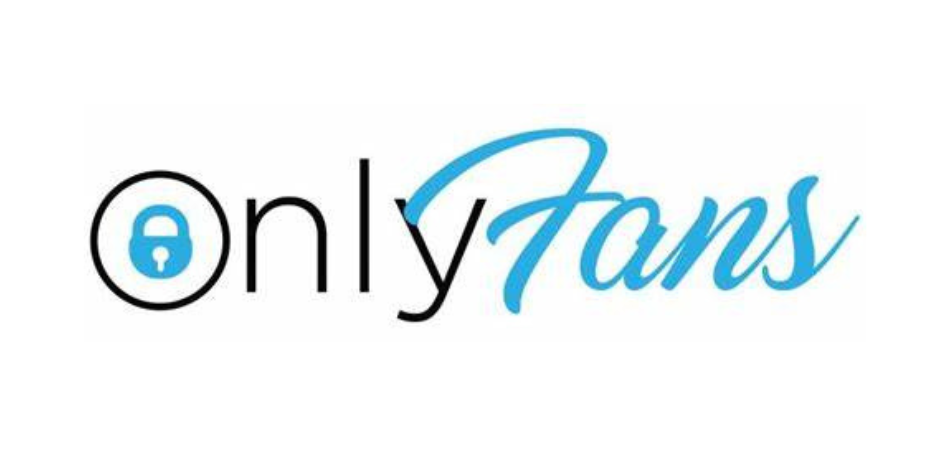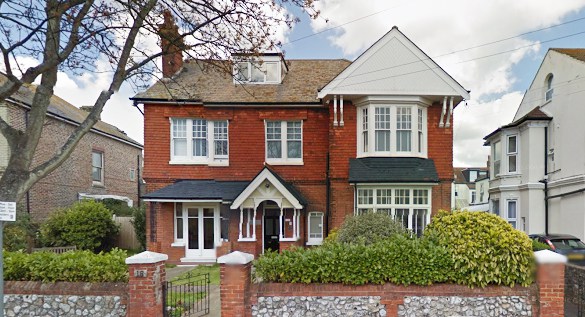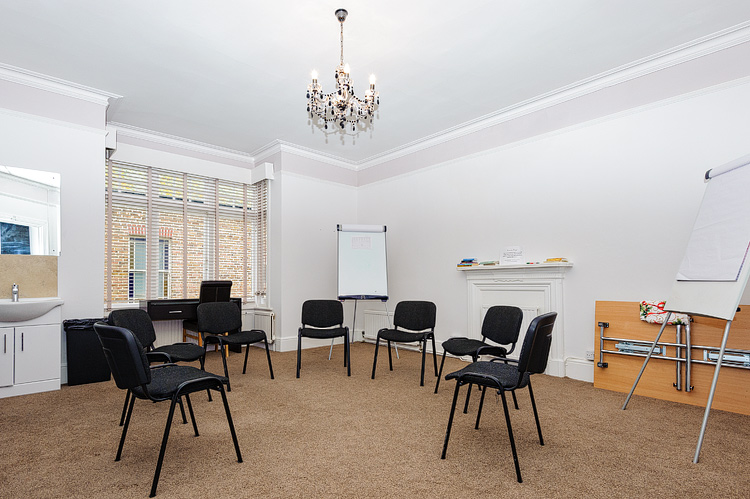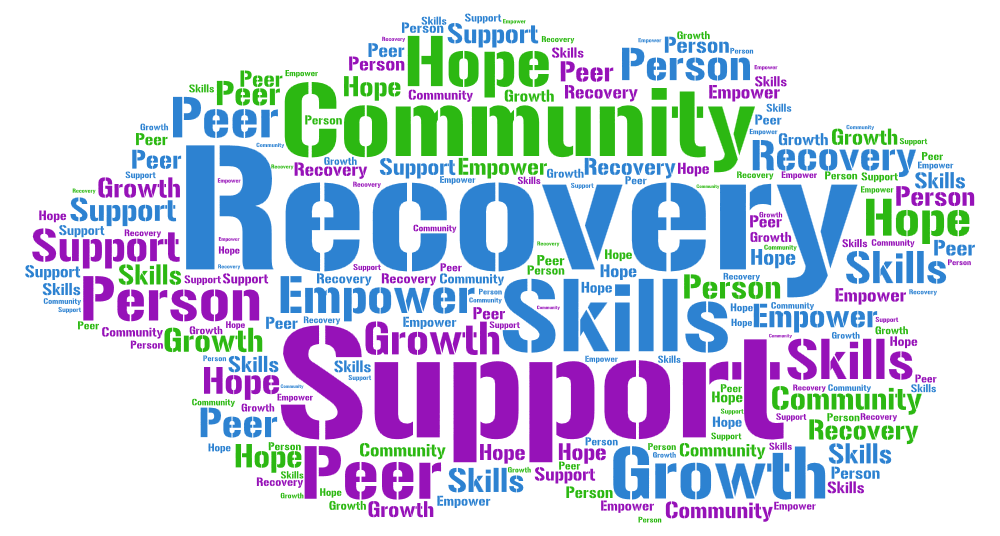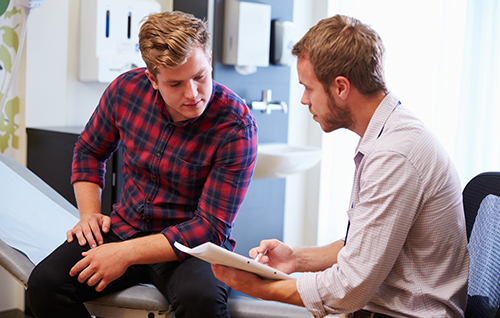Rehab treatment
Recovery Lighthouse is a rehab facility that embraces individuals from all backgrounds to overcome addiction. Many of our clients had preconceived notions about rehab, thinking it would be “luxury with bathrobes and peacocks” or a retreat for “famous people [to go] away for a few weeks”. However, Our treatment programme is not something reserved solely for the rich and famous. Instead, we strive to create an all-inclusive, non-threatening environment accessible to all people.
Whether you are grappling with alcohol addiction, illicit drug use, prescription medication dependency, or a behavioural addiction, Recovery Lighthouse is dedicated to offering the essential support and resources required for your rehab journey.
Why is rehab important?
Inpatient rehab provides you with a means of rebuilding and repairing the damage caused by substance abuse or behavioural compulsions. Rehab is a tried and tested method that has successfully helped many people break free from their harmful habits.
Some of the important benefits of rehab treatment include:
- Freedom from substances and damaging behaviours
- Improved overall quality of life
- Improved physical and mental health
- Ability to focus on achieving your goals
- A clearer outlook on life
- Opportunity to repair fractured relationships
- Improved communication skills
- Increased confidence and boosted self-esteem
- Better problem-solving skills
As you break free from the vicious cycle of substance abuse and seek the much-needed assistance provided by Recovery Lighthouse, you are establishing a solid groundwork for a successful recovery. While taking this step may be challenging, isn’t it time to start enjoying your life again? Rehab treatment can help to bring back the joy and happiness that addiction has stolen from you.
Rehab treatment: when to seek help
Recognising when to get help can prove challenging for many people, whether in denial about their problem, embarrassed to admit it or nervous about reaching out and acknowledging their need for rehab treatment. Remember, it is important to recognise that asking for help is a brave step you should never be ashamed to take.
If you find yourself contemplating whether you need professional help, take a moment to answer the following questions honestly:
- Are you experiencing difficulties at work, school or in your relationships because of your substance use?
- Are you frequently missing important obligations or events because of your substance use?
- Have you attempted to quit or cut back on substance use but found yourself struggling to stay sober?
- Are you experiencing physical or mental health issues related to substance use?
- Do you experience withdrawal symptoms if you attempt to quit?
- Do you need to use more of the substance or behaviour to achieve the same effects?
- Have you experienced financial difficulties or legal problems as a result of your substance use?
Answering “yes” to any of these questions indicates that substances are causing issues in your day-to-day life, in which case rehab treatment can help you to get back on track.
What is involved in rehab treatment?
The treatment programme at Recovery Lighthouse includes two vital stages: detox and therapy.
Detox…
Depending on the substance, you may have to undergo a period of detox at rehab. Detoxification refers to the body’s expulsion of toxins that have accumulated as a result of substance abuse. During the process of adjustment to this new change, it is possible to experience withdrawal symptoms, which often include anxiety, depression, nausea, and insomnia. Our team at Recovery Lighthouse will ensure you are comfortable and, most importantly, safe during this time.
Therapy…
As well as tackling your physical dependence through detox, you will also need to address the psychological reasons for your substance use throughout your rehab treatment. Recovery Lighthouse provides a full range of individual and group therapy sessions, finding the root causes of your substance abuse, helping you to understand why you turn to substances and providing you with coping strategies to prevent this going forward.
Some of the therapies offered at Recovery Lighthouse include:
- 12-step programme
- Dialectical behaviour therapy (DBT)
- Family therapy
- Yoga and meditation
- Art therapy
While attending therapy for the first time may seem nerve-wracking, our clients form a strong bond with their therapists and soon come to think of it as talking to a friend. Your therapist will facilitate the conversation and lead the session in a way where you’ll be able to speak openly and honestly.
What our clients say about rehab
The success of our clients is a testament to their own commitment and perseverance throughout their rehabilitation journey. Several of them share their experiences, providing insight into what you can expect from our rehab programme.
Carl says;
“I didn’t understand that being open and honest was key, but hearing other people made me realise other people felt the same things.”
Carl recognised that you must engage with the sessions and be open and honest with your feelings to benefit from therapy and rehab. In addition, sharing and hearing stories from others creates a bond between you and your peers, helping you to feel seen and supported.
Sarah says;
“My eyes were opened up to a few things in one-to-one that I hadn’t even considered, and [my therapist] taught me life lessons.”
Therapy is incredibly powerful and enables you to overcome substance-related challenges, builds profound connections with one’s inner self and fosters positive personal growth.
Daniel says;
“The fact that the therapists had been through addiction themselves helped trust immensely.”
The whole team at Recovery Lighthouse are also in recovery, which means they understand what it is you are going through. Many of our clients, including Daniel, have found that this helps them to trust their therapists and feel comfortable opening up.
Ellen says;
“The best part of rehab was the structure. I absolutely needed to be taken out of life, and the support of the staff was just incredible.”
Ellen benefitted from the structure and routine at our rehab facility. Having your days planned out ensures you are not left feeling bored or aimless – two states that can lead to relapse. It also teaches you to stay busy with healthy habits which you can take forward in your recovery.
Life after rehab: relapse prevention
After completing rehab, you will hopefully feel a huge sense of accomplishment and pride at how far you have come. However, there may also be feelings of trepidation and worry as you step back into the real world. It can feel daunting going back to your everyday life, being exposed to triggers and the possibility of relapse.
Unfortunately, recovery is a long-term journey, and relapse prevention is critical to maintaining sobriety. Some tips that you can do to prevent relapse include:
- Build a support system: surround yourself with people who support your recovery journey, whether it’s family, friends or others in recovery. Having a strong support system can help you stay accountable and motivated.
- Attend aftercare meetings: attending weekly support groups and therapy can help you stay on track with your recovery goals. This can provide you with guidance and support if you encounter any challenges along the way.
- Practice self-care: taking care of yourself physically, mentally and emotionally is crucial for preventing relapse. This includes getting enough sleep, eating a healthy diet and exercising regularly.
- Avoid triggers: identify your triggers and avoid them as much as possible. This may include people, places or situations that may lead to cravings or temptations to use substances.
- Develop healthy coping mechanisms: instead of turning to addictive behaviours to cope with stress or difficult emotions, develop healthy coping mechanisms such as meditation, mindfulness or journaling.
- Stay busy: fill your time with productive and meaningful activities, for example, work, hobbies or volunteering. Keeping yourself busy can help you stay focused on your goals and avoid boredom or idle time that may lead to relapse.
- Be patient and kind to yourself: recovery is a process that takes time, effort and patience. If you experience setbacks or challenges, be kind to yourself and remember that facing obstacles along the way is normal.
You should remember that if a relapse does happen, this does not mean you have failed. On the contrary, relapse can also be an opportunity to learn and grow.
What’s next?
The societal stigma around rehab treatment means that many people are reluctant to get the help they need. However, you will feel nothing but support once you begin your recovery journey. At Recovery Lighthouse, you will be surrounded by others in the same position as you. Recovery Lighthouse creates a non-judgemental environment where you can relax and focus on healing.
Call our admissions team today if you are ready to start working towards your sobriety.






